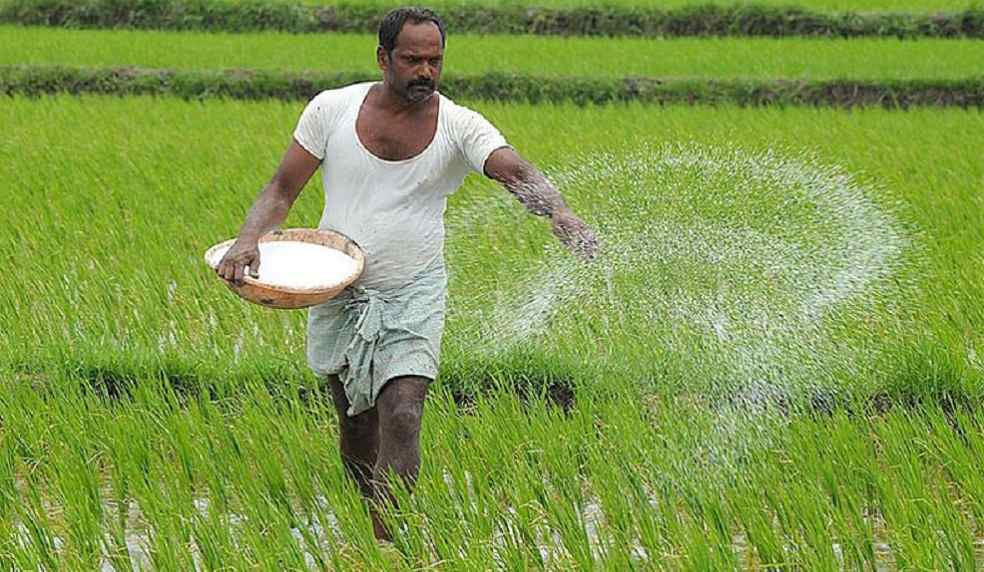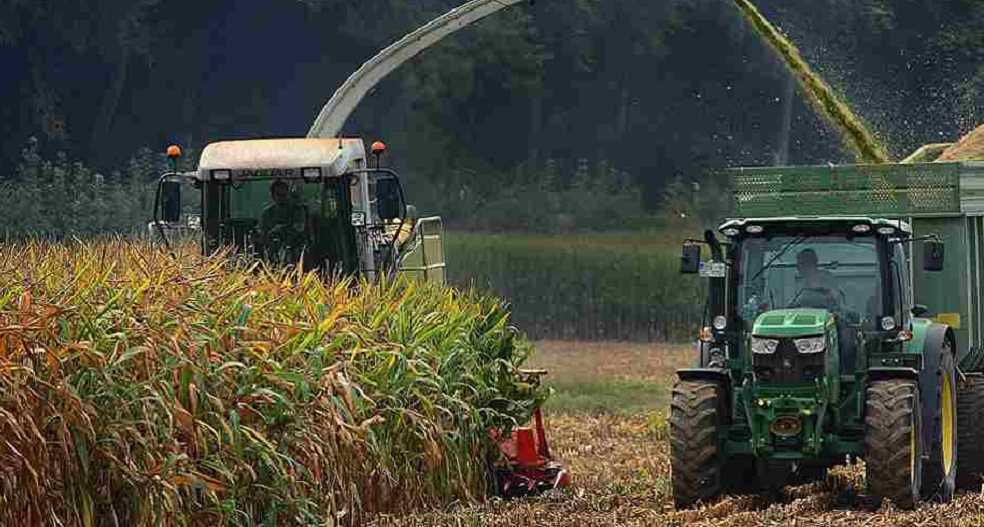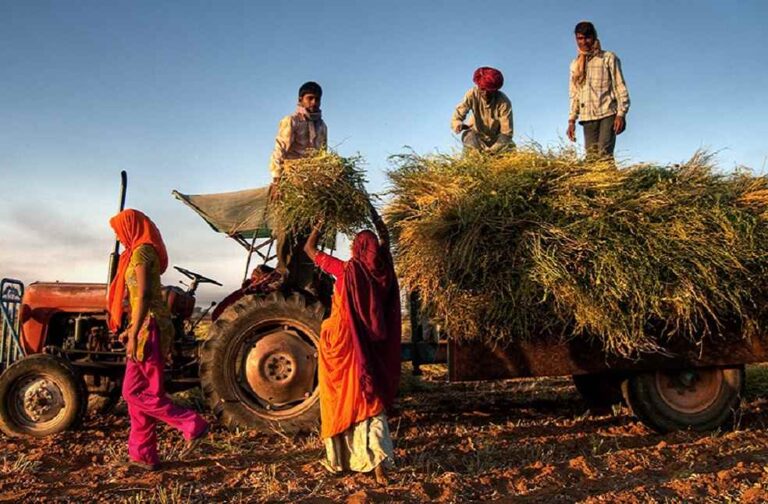To reduce environmental degradation and promote its conservation, the European Union (EU) has recently passed new legislation related to deforestation. This could potentially create opportunities for restructuring within India’s agri-industry. India’s increasing forest cover, which is quite distinct from the prevalent deforestation practices in Latin American and African countries, showcases the country’s commitment to environmental sustainability.
A government official, choosing to remain unnamed, highlighted the key distinction between forest and agricultural land within India. This differentiation, they argue, can be leveraged as a valuable bargaining tool in discussions with the EU pertaining to the new legislation.
According to a study released by the Global Trade Research Initiative (GTRI), the newly minted EU Deforestation-Free Products Regulation (EU-DR) may significantly impact Indian exports. This legislation could potentially disrupt an annual $1.3 billion worth of exports, including commodities like coffee, leather hides, and paperboard.

The GTRI report suggests that the primary function of EU-DR seems to be the protection of the EU’s domestic agricultural sector and the promotion of its exports. The regulation thus introduces a concealed trade barrier under the guise of environmental preservation. Cattle, buffalo, soya beans, palm oil, cocoa beans, and a spectrum of wood-based products are among the products encompassed by this regulation.
India’s persistent efforts to expand forest cover place its agricultural producers in an advantageous position. They are well-poised to meet the EU’s sustainability demands without resorting to deforestation. As per the India State of Forest Report (ISFR) 2021, India’s forest and tree cover has notably increased by 2,261 square kilometers over the past two years, contributing to 24.62 percent of the country’s geographical area.
Indian officials, while grappling with these regulations and the associated Carbon Border Adjustment Mechanism (CBAM), have been in ongoing discussions with the EU across various platforms. As a government official aptly put it, acceptance and adaptation to this new business environment are imperative for the industry’s forward progression.

These regulations indeed pose challenges, and India’s options to counteract them are limited. Taking the issue to the World Trade Organization (WTO) dispute settlement mechanism would not yield beneficial results, due to its current ineffectiveness, and imposing similar tariffs on EU products may have adverse effects on the Indian industry.
Indian exporters are now obligated, under the new deforestation regulation, to ensure their products come from lands not deforested after December 31, 2020. This regulation will come into effect for large firms in December 2024 and small firms in June 2025.
The EU’s regulatory shift signals a drive to lessen reliance on China while cultivating future-ready industries. The unnamed official offered some insight, stating that “It looks like some re-alignment is going on in the EU. So we have to see how we can participate in that re-alignment.”

While the GTRI report critiques the EU’s purported promotion of ‘deforestation-free’ products as potentially misleading, Ajay Srivastava, co-founder of GTRI, points out India’s functioning blockchain-enabled trace and track system. Already in use by the Agricultural & Processed Food Products Export Development Authority (APEDA) for grape exports to the EU, this system could be extended to all products influenced by the new regulation.
The evolving eco-conscious trading landscape between the EU and India underscores an equal emphasis on environmental preservation and commerce. This new balance presents an intriguing challenge, but also an unprecedented opportunity for India’s agri-industry to shine on the world stage.
IMEX SECTOR | German Economic Stagnation: Global Export Leader Faces Triple Threat Crisis



